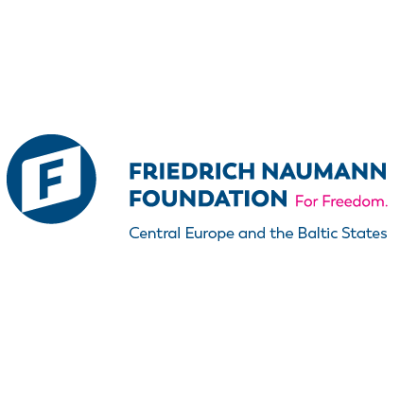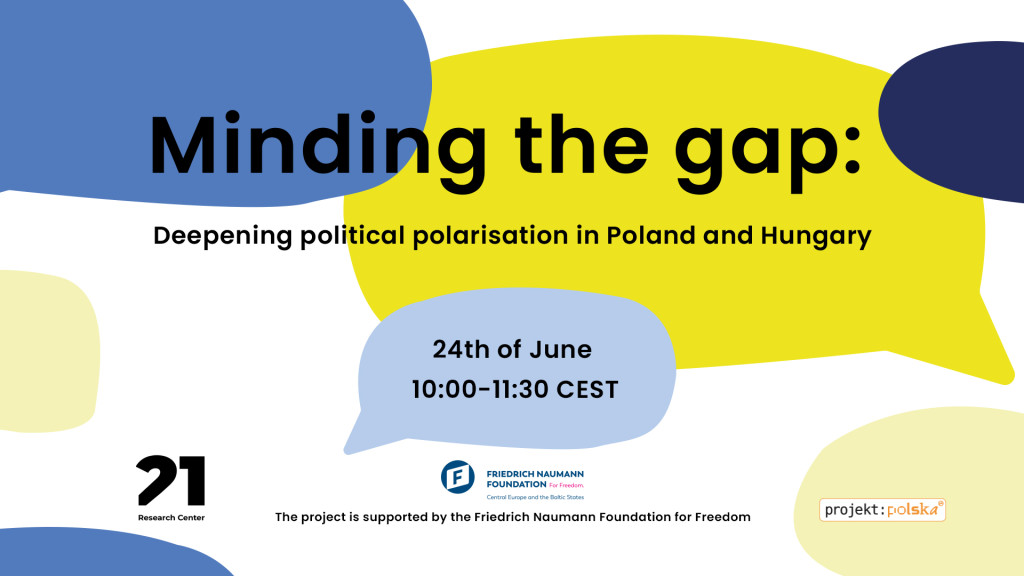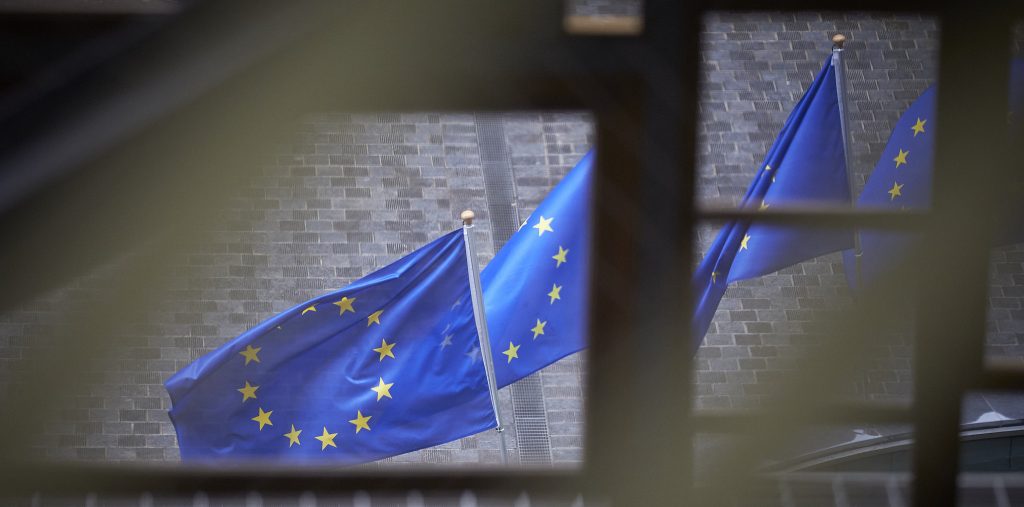
Infosecurity.sk: Bi-Weekly Report on Emerging Disinformation Trends
BY
Friedrich Naumann Foundation for Freedom / August 16, 2021
On August 10, the Slovak cabinet approved a series of changes to the COVID automat - an emotionally charged topic that had led to several anti-government protests in recent weeks. The new changes are due to come into force on August 16. They come after the last set of restrictions regarding the border regime was suspended by the Slovak Constitutional Court, giving the people who only got the 1st dose of vaccine the same rights as those who are unvaccinated.






![“Politics Is for Other People”: New Liberal Movements in Central and Southeast Europe Lead Way for Future [EVENT] “Politics Is for Other People”: New Liberal Movements in Central and Southeast Europe Lead Way for Future [EVENT]](http://4liberty.eu/phidroav/2021/07/Title-picture_spark.png)



